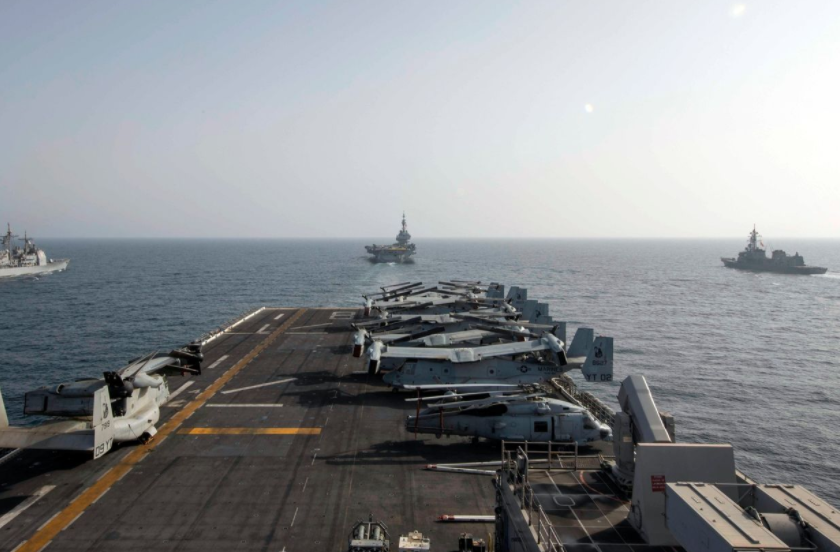
Read more at WSJ
The massive push toward electric vehicles presents risks and opportunities for America’s military. As adversaries make it harder for U.S. forces to reach and operate across long distances, the energy provided by advanced batteries can help the Pentagon achieve its multiple missions. This requires a secure innovation and production base for advanced battery technology, something the U.S. doesn’t have at the moment.
In 2008 Congress directed the Pentagon to create an office for “operational energy” to address the use of energy on the battlefield. The priority then was to reduce the Defense Department’s huge energy bills of around $20 billion a year. During one five-year period at the height of the wars in Iraq and Afghanistan, more than 3,000 American soldiers and contractors were killed in fuel-supply convoys. As Marine Gen. Jim Amos observed, the Marine Corps’ “thirst for liquid fuel” came at a heavy price.
In recent years, the Defense Department has revived its focus on operational energy to explore how new sources—especially batteries—can improve the military’s ability to sustain its platforms, weapon systems and soldiers in the field. Air Force Lt. Gen. Clinton Hinote recently observed that energy was still a “primary limiter to the types of operations that we’re able to do.”
Better batteries will help the Navy with the development of everything from small undersea drones to “robot submarines” that can counter enemy efforts to keep U.S. warships far from their shores. These unmanned underwater systems, which come at a fraction of the cost of manned ones, can perform more dangerous missions and operate closer to shore.
Energy-dense lithium-ion batteries will enable the military to deploy new directed-energy systems that work by converting electrical power into high-energy laser beams. This isn’t Star Wars, but as one industry expert noted, “In five years, any large base that needs to defend its assets will have laser weapons, regardless of service.” Since laser weapons rely on power sources with a very high energy density, their future applications will depend on battery innovation and procurement.
Advanced batteries can also help the military conduct “distributed operations,” a war-fighting concept that allows for small and highly capable units to be decentralized and spread around a large area of operations—making it harder for enemies to target them. The Marines in particular have explained that deterring Chinese aggression requires being able to spread out its forces across the Indo-Pacific region. “Advanced batteries are one big thing that enables distributed operations, since we need the increased range of weapons without the traditional logistical tail,” said Jim Caley, director of operational energy for the Navy. Moreover, when deployed in these environments, batteries will help soldiers operate in “silent watch” mode, since batteries are quiet and lack the heat signature created by regular engines.


